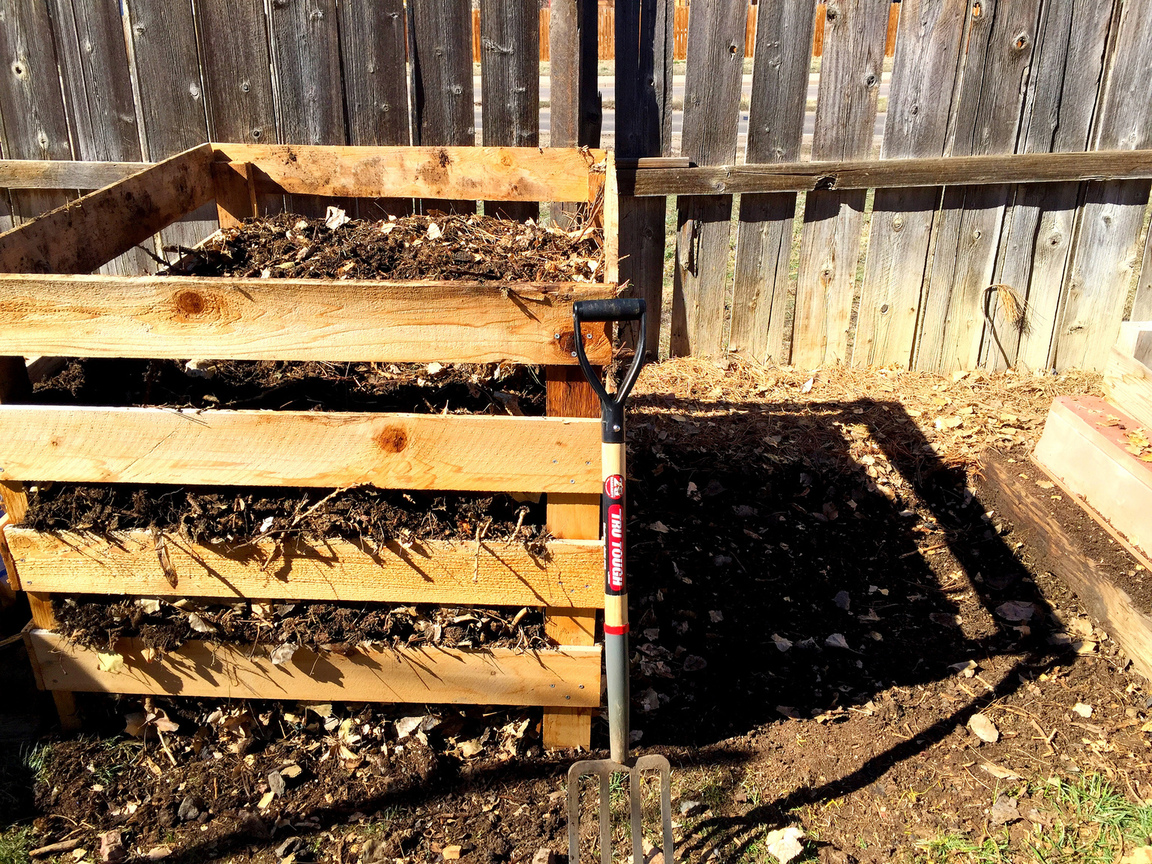Separate collection of biodegradable waste provides a better-quality raw material for the production of fertilisers than material obtained from the mechanical separation of municipal solid waste. Source-collected biowaste can be used for the production of compost, and its quality will depend on factors ranging from the presence of improper materials —inter alia, glass, and plastic— to the duration of the treatment process.
This study performs a statistical analysis of the factors influencing the quality of compost produced at 20 plants in Catalonia (Spain). A primary focus is on the effects caused by the presence of improper materials in the biowaste, followed by other variables associated with the technical specifications of the plants, and material flows.
Main results indicate that the presence of improper materials may lead to a negative impact on various parameters of quality compost, notably the concentration of heavy metals, electrical conductivity, and the maximum temperature in the self-heating test. Other potential factors influencing compost quality are decomposition and maturation technology, the input of green waste, the screening size of the product, and the saturation level of the treatment plants.
The findings of this study support a necessary reduction in the quantity of improper materials, both through the improvement of waste separation at the source and at treatment plants prior to treatment.
Luís Campos | Ignasi Puig
2019
Journal of Cleaner Production
Rodrigues, L. C., Puig-Ventosa, I., López, M., Martínez, F. X., Ruiz, A. G., & Bertrán, T. G. (2019). The impact of improper materials in biowaste on the quality of compost. Journal of Cleaner Production, 119601.


